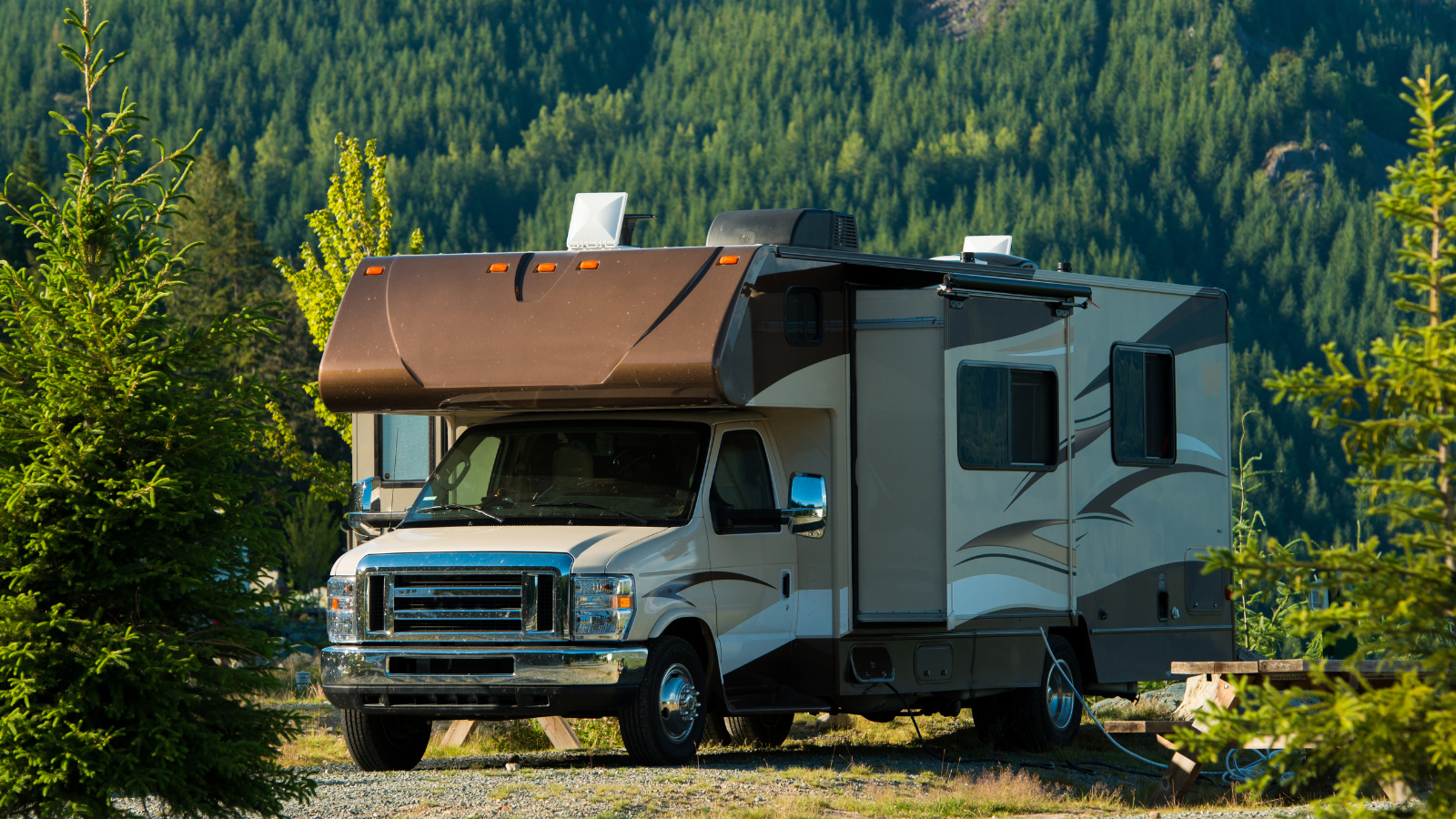On an RV forum recently, one of the topics was this: What is your least favorite RV maintenance? There were a lot of answers, but there was a trend toward three primary topics. Can you guess?
We won’t hold you in suspense. The three topics most commonly spoken about were winterizing the RV, cleaning the RV’s roof, and emptying the black water tank. Not too surprising. Let’s discuss each one of these pesky chores, including ways to make it easier on your time.
Winterizing the RV
Now, to be fair, several of the sentiments behind why winterization is their least favorite is because it’s sad to see another season end and put the RV away for storage. The good news about winterization is that it’s a job that needs to be handled only once a year. And if you do a very good job, you have a lot less to do when the RV comes back out of storage the following spring. It is a chore, however, to get it ready for a long winter’s nap, yet it’s essential in more ways than one because the longevity and usability of your RV depends on it.
You need to drain and dry the water lines, add antifreeze to the plumbing system, clean out everything until it’s spic and span, cover vents and holes, add contraptions to help prevent pests, remove the batteries, maintain the engine, and find a suitable cover and suitable place to store the RV – whew!
To make this process easier, it helps to have a checklist and develop a standard procedure so that nothing gets missed and you are comfortable with the RV going unseen and unused for a long period of time. Get everyone in the family to help, whether it’s just two of you or six, and hand out jobs. This will help to streamline the process and reduce overall workload.
Cleaning the Roof
Folks commented that this chore is such a hassle for several reasons: not caring for heights was one big reason, but so was just the general clunky, time-consuming nature of the task. You’re either on the roof itself or on a step ladder. Still, as with winterization, you need to make sure your RV’s roof if well-maintained and kept clean. This may require several “baths” a year, including just prior to winterization and immediately after pulling the RV out of storage. It’s important to do this in order to protect the roof coating materials, to get a look at and prevent any potential water leaks around seals (vents and fans), and to examine for potential issues such as wrinkles or puffs. You will also need to examine the roof if a branch or debris falls on top of your RV or you end up in an accident with a bridge.
Being proactive is essential if you want to have a solid roof over your head. Use an appropriate cleaner, a soft bristle brush or sponge mop – you may not want to use a pressure washer – and work in 4 x 4 foot sections. It’s monotonous, but it gets the job done well.
When it comes to making this chore easier, make sure you have the right cleaner and equipment to get the job done, so that you spend less time scrubbing and working. Get new stuff every year if you have to. If you’re fighting your tools, it’ll take a lot longer and add to your frustration.
Emptying the Black Water Tank
A lot of RVers dislike this chore because of the frequency of having to do it. The other reason is obvious: it’s the black water tank, where all the undesirable liquids and solids go. To make the process more, um palatable, make sure to wear gloves and closed-toe shoes (avoid flip-flops). Have disinfectant spray and wipes handy not just for your hands but to clean sewer caps and other surfaces near the dump station. And of course, a sewer hose, elbow, and adapter. After dumping it all at the dump station, rinse out the sewer hose – some dump stations come equipped with a non-potable water source just for this purpose.
One thing you can do to make this job a little easier on yourself – and your black water tank – is to make sure you use only RV toilet paper and plenty of water; this helps to avoid clogs and build-up. If you want to clean out the black water tank less frequently, you may need to use the facilities less often and encourage everyone aboard to use the common facilities when able.
Do you see your least favorite RV maintenance chore? What other jobs make you cringe? As with anything worthwhile doing or having, spending time maintaining your RV simply comes with the territory. And if you keep it up, you will have a structurally sound, well-functioning RV to take on camping adventures for a very long time.

